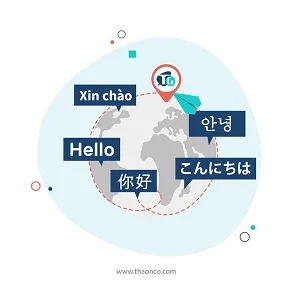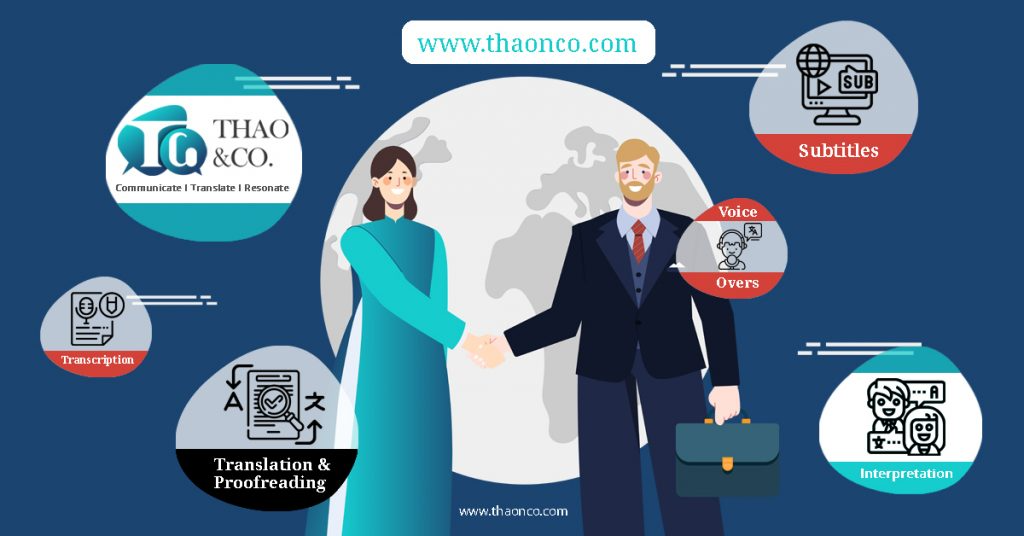What does Game Localization Quality Assurance mean? Quality assurance is an indispensable step in the game localization process, ensuring that the localized version delivers an equally enjoyable experience for players as the original. To gain a deeper understanding of this task, please delve into the comprehensive details in this article.
Localization Quality Assurance (LQA) marks the final phase of the localization process. This step primarily focuses on evaluating translation quality and linguistic accuracy but also extends to assessing UI/UX, internationalization, and various functionalities.
Quality assurance of Game localization serves as a pivotal step before launching a game in a new language. Native linguists, well-versed in both gaming and local culture, join forces with UI/UX specialists to meticulously evaluate the game, guaranteeing a seamless localized version free of translation and visual inconsistencies.
Here are the key steps in game localization quality assurance to ensure players have a similar experience to the original version.
This involves thoroughly reviewing elements like spelling, grammar, and the use of sensitive terms. The goal is to ensure the content is error-free in preparation for the launch of the localized game version.
Unfortunately, there have been Game localization examples where product recalls were necessary due to the inclusion of sensitive language in games. Mind Quiz serves as a cautionary tale of flawed game localization. Its use of inappropriate language, such as“super spastic,” triggered a recall in the UK market, even though it didn’t cause issues in other regions.
A crucial consideration during game translation and localization is ensuring that the translated content seamlessly integrates with the in-game context. For example, in a scene featuring Yuna and Tidus in the game Final Fantasy X, the Japanese version portrays Yuna saying “ありがとう” (thank you) to Tidus.
In this particular situation, a literal translation of “thank you” in the English version wouldn’t capture the depth of the farewell and the character’s emotions. As a result, the linguists opted for the phrase “I love you” as the most suitable choice to effectively convey the message while maintaining the quality of voice acting.
Game localization demands not only the accurate translation of the original text but also the seamless integration of the translated content within the unique in-game context.

In many instances, the same content, when translated into the target language, may differ in length compared to the original text. Additionally, some languages have taller-than-average letter heights (e.g., Korean, Chinese, etc.) or distinct reading and writing conventions. Therefore, linguists must carefully adjust the target language’s content to ensure that the text layout is neither too wide nor too narrow.
Font-related errors also require close attention in game localization quality assurance. This is a common issue when translating text from one language to another and is considered a fundamental error. Therefore, the new game version needs to pay particular attention to this matter.
Infusing the game with local slang and colloquial expressions can elevate its sense of local authenticity, fostering a stronger connection with players in the target region.
Effectively incorporating slang into the localized game version requires translators to possess a thorough understanding of the target language’s nuances and cultural context. Prior to the release of the localized game edition, linguists must scrutinize the use of slang terms, ensuring they align with the game’s context and avoid causing potential cultural offense.

At this stage, testing experts undertake a thorough evaluation of the localized version’s features and interfaces across various operating systems. It’s essential that experts perform localization testing using actual devices rather than relying on emulator software to ensure an accurate assessment of the version’s compatibility.
For instance, mobile games should be tested on both iOS and Android platforms, while PC games require evaluation on various operating systems like Windows and Mac, among others. Common issues that may arise include unexpected freezes in the localized version, text spilling off the screen on smaller devices, audio glitches, and more.
Optimizing SEO for game descriptions is a vital task that enhances a game’s visibility among its target audience. For mobile games, publishers should focus on App Store Optimization (ASO), while PC games require website SEO.
In addition to game localization services, some translation agencies offer SEO translation services. These services not only save publishers time in finding new partners but also ensure a smooth and effective translation of content.
To ensure that the new game version resonates with the intended audience, it’s essential to conduct real surveys with the target customer group before the official release.
The feedback and insights gathered from this group will provide valuable guidance for publishers, enabling them to make necessary adjustments and optimize various game elements effectively. Moreover, it also helps minimize potential risks associated with game localization, such as employing culturally insensitive language or content that doesn’t align with the game’s context.
To enhance game localization quality assurance, game publishers should collaborate with professional and reputable game translation and localization companies.
Here are some essential criteria for evaluating a trustworthy game translation agency:

For a seamless game localization experience, Thao & Co. is proud to be your trusted partner.
Thao & Co. Translation Company boasts a highly skilled team of native linguists with extensive expertise in Game + App + Website localization.
To further elevate the quality of game localization, Thao & Co. provides a comprehensive suite of quality-enhancing services:
Thao & Co. is pleased to share these insights into Game localization quality assurance with you. We hope this information will help you optimize your video game localization process and achieve global gaming success.
For further inquiries or assistance with game and website localization services, feel free to contact us through our Get a Quote page for personalized support.